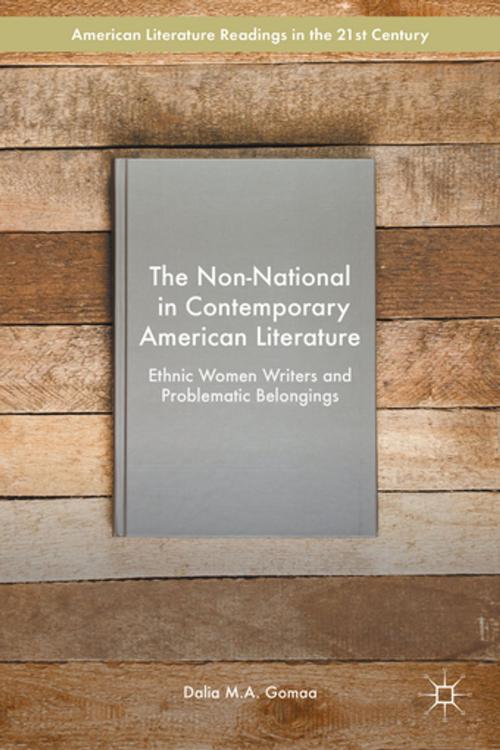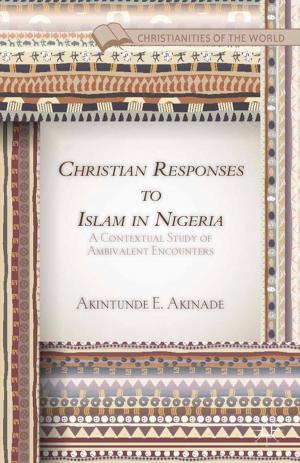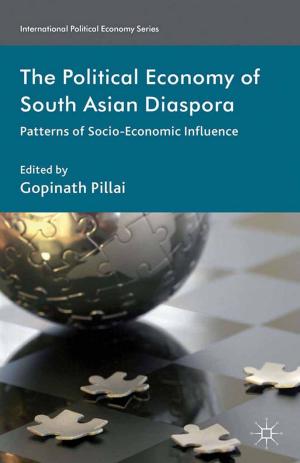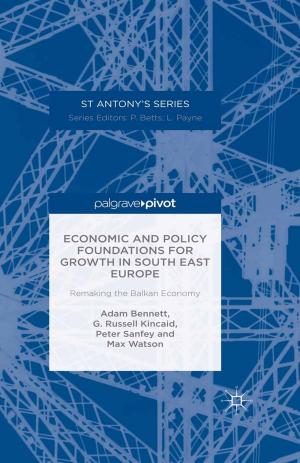The Non-National in Contemporary American Literature
Ethnic Women Writers and Problematic Belongings
Fiction & Literature, Literary Theory & Criticism, Feminist Criticism, American| Author: | Dalia M.A. Gomaa | ISBN: | 9781137496256 |
| Publisher: | Palgrave Macmillan | Publication: | January 13, 2016 |
| Imprint: | Palgrave Macmillan | Language: | English |
| Author: | Dalia M.A. Gomaa |
| ISBN: | 9781137496256 |
| Publisher: | Palgrave Macmillan |
| Publication: | January 13, 2016 |
| Imprint: | Palgrave Macmillan |
| Language: | English |
This study examines contemporary narratives by Arab-American, South-Asian American, Chicana, and Cuban-American women writers. Gomaa argues that the disparate histories of Arabs, South Asians, Chicanas, and Cubans in the U.S. unfold new non-national sites for affiliations and identifications that unsettle notions of a unified American national space. In each chapter a South-Asian American, Chicana, or Cuban-American text is paired with an Arab-American text to examine sites of ambivalence, which problematize an individual's sense of belonging to an "imagined community." The author proposes a redefinition of imagined communities to imagined transnational communities, which are formed beyond the geographical boundaries of a single nation and are not nation-centered. This study values Arab-American writings as a potential terrain to expand American Studies, and calls attention to Arab-American feminist strategies that contribute to theoretical debates by and about American women writers.
This study examines contemporary narratives by Arab-American, South-Asian American, Chicana, and Cuban-American women writers. Gomaa argues that the disparate histories of Arabs, South Asians, Chicanas, and Cubans in the U.S. unfold new non-national sites for affiliations and identifications that unsettle notions of a unified American national space. In each chapter a South-Asian American, Chicana, or Cuban-American text is paired with an Arab-American text to examine sites of ambivalence, which problematize an individual's sense of belonging to an "imagined community." The author proposes a redefinition of imagined communities to imagined transnational communities, which are formed beyond the geographical boundaries of a single nation and are not nation-centered. This study values Arab-American writings as a potential terrain to expand American Studies, and calls attention to Arab-American feminist strategies that contribute to theoretical debates by and about American women writers.















